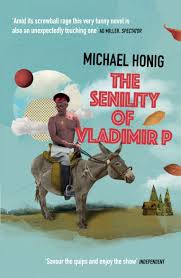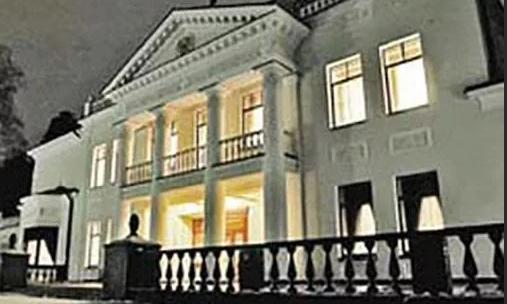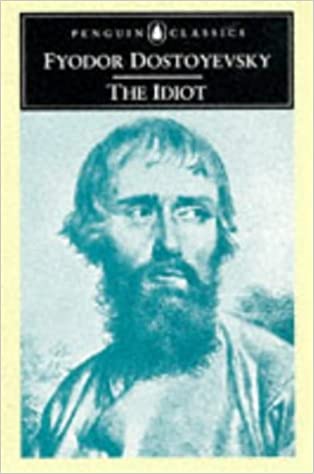Part two of this review is here.

The Senility of Vladimir P. is a cleverly crafted, multilayered novella that works on a number of different levels. If you had never heard of Vladimir Putin, you might well still be engaged by the story of an honest man, Nikolai Sheremetev, in a corrupt world. Sheremetev is drowning in a dilemma, the only escape from which appears to be thieving and bribery.
That the honest man in question is the full-time carer of an aged and dementia-stricken Vladimir Putin creates a conceit that allows The Senility of Vladimir P. to explore the Putin era in Russia and its legacy.
Michael Honig’s skills as a writer mean that even within this duality of construct lie depth and development. The story itself is replete with memorable characters, comic dialogue, well-drawn descriptions of a luxurious dacha-cum-nursing home outside of an autumnal Moscow, and an appropriately paced plot that progresses to a thoughtful conclusion.
The Russia-in-fiction element draws intelligently on the events and themes of the Putin years, with systemic venality emerging from them as leitmotif and legacy.
The Senility of Vladimir P. is set in the future. Vladimir Putin is no longer Russia’s president, having eventually succumbed to dementia after decades in power.

He lives away from public view in his long-term country residence, Novo-Ogaryovo, where he is cared for in style by dozens of staff. There are cooks, gardeners, housemaids, chauffeurs, administrative staff, security men, and – to the fore – the novel’s central character, Nikolai Sheremetev.
Sheremetev is Putin’s nurse, and the person with whom the increasingly confused and agitated ex-president is most comfortable. Sheremetev himself, although a middle-aged widower, begins the novel as an innocent. He is a sort of Prince Myshkin, the titular ‘idiot’ in Dostoyevsky’s novel with that title.

Like Myshkin, Sheremetev is a good, kind, and honest man; to the extent that he does not so much resist the copious corruption that is all around him, as rather remain completely oblivious to it. To Sheremetev, whatever Putin may have been, he is now a sick old man deserving of the same consideration and care —no more, no less— as any other human being in that state.
At the level of the story itself, The Senility of Vladimir P. is a morality tale, tracing the corrosive effect on a good man as the reality of the prevailing, self-seeking malevolence in the midst of which he lives is brutally brought home to him. Sheremetev comes to realise — character by character, chapter by chapter— that everyone he works with is on the take.
Whilst Nikolai Sheremetev is the story’s central character, from the Russia-in-fiction perspective it is the portrayal of Vladimir Putin and his years in power that dominate. Honig’s Putin is afflicted by regular hallucinations that perform the role of flashback for the reader.
And for those who know contemporary Russia and its 21st-century history, there is sport to be had in recognising references and identifying pseudonymous characters.
Play the game with me now, if you are so inclined, match the quotes from The Senility of Vladimir P. with real life events and people …
His first wife was dead, but the second one, the one Vladimir had married in secret, was very much alive, 30 years his junior and constantly linked with one billionaire or another.
‘President Bush was like a hurt little child. That man, he was an idiot. The minute I met him, I knew I could twist him round my finger. He said he could see into my soul. What a magician! A man who can see what isn’t there.’
‘Bring an axe!… I’ll show my woodsman’s skills. It’ll make a good picture. Come on! An axe!… They can say I cut down the tree. I don’t want anyone saying they planted the log here like it was some kind of pot.’
‘People have a habit of dying in London if they’re not careful.’ Vladimir laughed. ‘It’s that English tea they’re always drinking. There’s more than one way to make it hot!’
‘Look at the oligarchs. For them it was only about money.… Trikovsky more than any of them! The hypocrite. A Democrat, sure— a Democrat once he had a television station to broadcast his propaganda and the money to buy an election. Before that, where was his love of democracy then? Let him rot in Switzerland, issuing his manifestoes.’
Part two of this review is here.